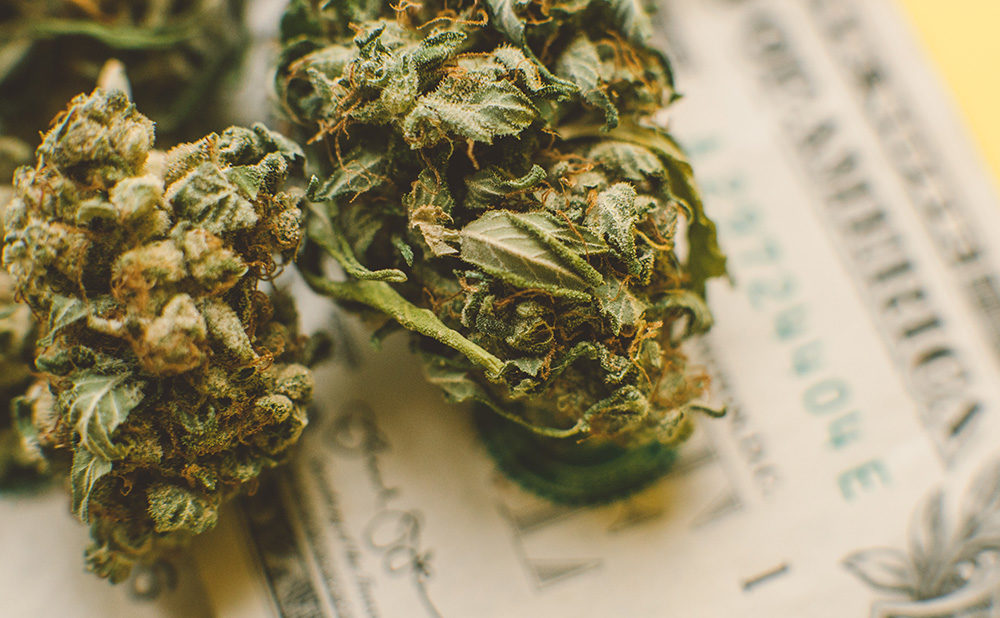
Purchasing a home is an exciting milestone for anyone, but it can pose unique challenges if you work in the marijuana industry. Despite the growing acceptance and legalization of cannabis in many regions, certain federal regulations and lingering stigmas make obtaining a mortgage a complex endeavor.
Home buyers can apply for several different mortgage products that fall into two broad categories: government-backed mortgages and conventional mortgages. One of the primary hurdles faced by marijuana industry professionals is the fact that cannabis remains illegal at the federal level in the United States. As a result, generally, those who work in the cannabis business will not be eligible for government-backed loans since the source of their income is not considered legal on the federal level. This means that those in this industry will likely not qualify for VA loans, USDA loans, and FHA loans if their primary source of income is from the cannabis industry.
Type of Mortgage Yes or No
FHA no
USDA no
VA no
Conventional YES!
Conventional loans are primarily backed by Fannie Mae and Freddie Mac. Both agencies allow marijuana dispensary employees to qualify for conforming loans as long the income is not illegal under state or local law, the borrower has no interest in ownership of the entity, and the employee receives a W-2.
Further, should a home buyer own any part of a cannabis business, the funds obtained from the business can’t be used for down payment or closing costs for the home.
For example, Bob and Jane are buying a home. Jane works as a nurse, and Bob owns a cannabis business. Jane can qualify for the mortgage on her own, and Bob doesn’t need to be on the mortgage application. None of Bob’s funds can be used for the down payment.
So what does this mean for a buyer?
It means you will need to have better credit and a larger down payment, but not much. Homestead Financial Mortgage has some hacks we can use to help you get qualified.
Conventional Loan Basics
Minimum Credit Score: 620 (lowest rates will need a 780)
Minimum Down Payment: 3% – 5%
Maximum Loan 1 Unit:$766,550 in low-cost areas, $1,149,825 in high-cost areas
Occupancy: primary residence, second home, investment properties
Property Types: most
Besides credit and down payment, you’ll need enough income to pay the conventional mortgage payment. That’s measured by looking at your debt-to-income ratio (DTI) – how much debt you have compared to your income.
The maximum DTI for most conventional loans is 36% – 45% depending upon your credit. Here’s an example of a 41.6% DTI.
- Total monthly debts – $2,500
- Gross monthly income – $6,000
If you receive child support, you may be able to count that into your income as well – check with your loan advisor. It’s also important to note that if you put down less than 20%, you’ll have private mortgage insurance (PMI), which can add $100 or more to your monthly payment.
With the sale of recreational cannabis being legalized in states that Homestead Financial Mortgage serves, like Missouri, Illinois, and Colorado, it’s important to work with a lender that understands the ins and outs of helping our customers in the industry. As a customer, it’s best not to hide your involvement in the industry so your loan advisor can help you find the best solution for your situation. We know that buying a home is a big step, and we’re here to help you along the way.
